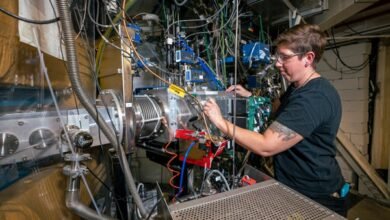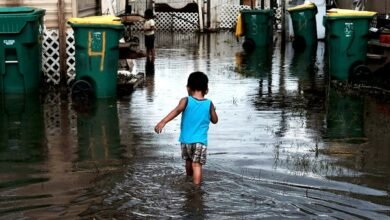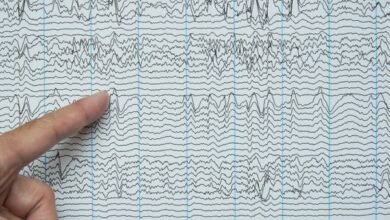
January 23, 2024
2 min read
Harvard researchers found that most doctors and nurses who took a course in community organizing believed they could help combat climate change’s negative impacts on health

CLIMATEWIRE | Teaching doctors about climate change advocacy can help them feel more empowered to take action, according to a new study from Harvard University researchers.
The report — published in Academic Medicine — looked at health care providers who participated in a six-month fellowship that taught them the basic skills of public narrative and community organizing. It found that by the end of the course, most participants believed they could develop strategies to reduce the negative impact of climate on health — and nearly all agreed they could make a difference in addressing climate change.
“It can feel lonely and daunting to see how climate change is hurting our patients and to have no idea how to help,” said study author and fellowship leader Dr. Gaurab Basu. “The fellowship trains health care professionals as advocates and organizers so they can create climate solutions in their communities and find their identity as change-makers.”
Researchers followed 40 health professionals who took a community organizing fellowship in 2022 through the Cambridge Health Alliance’s Center for Health Equity and Harvard’s Center for Climate, Health and the Global Environment. The course had participants develop a project to address climate change, coached by an experienced community organizer.
Thirty-eight of the participants completed surveys before and after the fellowship that assessed their understanding of climate’s impact on health, as well as their mastery of community organizing. Researchers found statistically significant improvements in several areas.
For example, before the fellowship, just 50 percent of participants believed they could develop effective strategies to reduce the adverse effects of climate change on people’s health. That number nearly doubled to 97 percent following the fellowship.
Before the fellowship, just 37 percent of participants said they understood the principles of community organizing and how to put them into practice — a number that jumped to 95 percent after the fellowship.
“We found that fellows are not only gaining tangible skills like narrative storytelling, but they also feel a stronger sense of purpose and self-efficacy, which are critical to taking action and fighting burnout,” said Pedja Stojicic, co-director of the fellowship.
Reprinted from E&E News with permission from POLITICO, LLC. Copyright 2023. E&E News provides essential news for energy and environment professionals.
Source link







